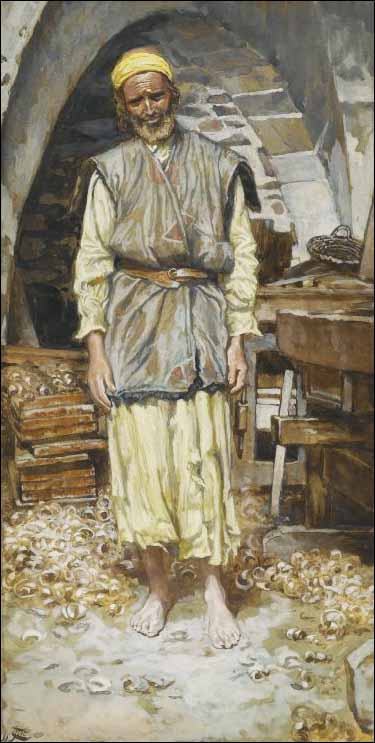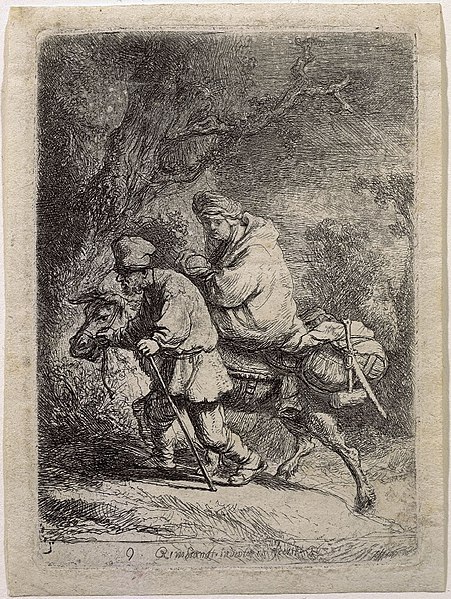Monday, June 28, 2010
church ladies!
Monday, June 21, 2010
Capacity Building
This is the best thing I've heard on development in a long time...
capacity building - an excerpt from "This American Life" episode, "Island Time"
ACT TWO. COMPOUND FRACTURE.
Apricot Irving grew up on a missionary compound in Limbe, in the north of Haiti, and visits the missionary hospital there. It's pretty well stocked and staffed but, oddly, kind of a ghost town. Meanwhile, a rural Haitian-run clinic 5 miles away, without anywhere near the resources of the missionary hospital, is packed with people. Apricot spends time with the American doctor [Steve] who used to head the missionary hospital but left in order to help foster a "new" Haiti at the Haitian-run clinic.Apricot Irving is writing a memoir about her experiences growing up on the missionary compound. She's currently looking for a publisher. (13 minutes)
Irving: "building community - if you want haitians to create and sustain their own institutions this is what it looks like - slow, and sometimes cumbersome. but steve knows the pitfalls of the other model. when he was in charge of the old missionary hospital, he found the job so stressful that he even considered leaving medicine. he came to a kind of crossroads and had to make a hard choice. we talked about it in the car.
Steve: "the choice really is...it became for me an either/or. on the one hand, in the face of dysfunction and in the face of extreme human need, what was required of me was to build a citadel, to become a dictator. and in that dictatorship, benevolent dictatorship, i could be the cowboy to fix the problems that would bring efficiency, service, and security. what's wrong with that? why not become a benevolent dictator? the problem that i found with that is that that model creates, in a way, a new slave plantation mentality, where the slaves become dependent on the slave master. and in the end, one reaps the fruit of slavery: discontent, anger, violence. the choice to then go to the other extreme - to purposely work hard at not becoming a dictator, for the sake of building community, means that people are going to suffer, people are going to die. good will not be provided. goods will not be rendered. here we are, praying, when there's someone who needs a c-section and we can't get it for her. there's a terrible choice."
Irving: "and why is it that, in choosing community, there are these added costs? why do people die? why are goods not distributed?"
Steve: "because community takes time, perseverance, and relationship building. yeah, [it] drives Americans crazy. we're a fix-it culture. it's the hight of evil, probably, from an american cultural point of view, to not fix a problem when it's right there to fix. what's the problem? fix it!"
Friday, June 18, 2010
i know these people!!
this is the first time this has ever happened to me. i actually know the people in an internet meme! i went to mizzou with the happy couple and a bunch of their groomsmen and bridesmaids. incredible! what a great song!
Monday, June 14, 2010
I love Miranda July
July: I at least got a toehold on how to fight. The kind of fighting where I listen. I don’t agree, but I listen. And, like it or not, listening changes you"
Friday, June 11, 2010
Thursday, June 10, 2010
Halo

"The word “glory” – the word which has to bear the weight of holding those “impressed forces” – is a stranger in current speech, and our first duty is to seek out its equivalent in working English. It suggests at first a radiance of some kind, something dazzling or glittering, some halo such as the old masters loved to paint round the heads of their Ecce Homos. But that is paint, mere matter, the visible symbol of some unseen thing. What is that unseen thing? It is that of all unseen things the most radiant, the most beautiful, the most Divine, and that is Character. On earth, in Heaven, there is nothing so great, so glorious as this." - Henry Drummond, "The Changed Life" (link)
Wednesday, June 9, 2010
Joseph of Nazareth




